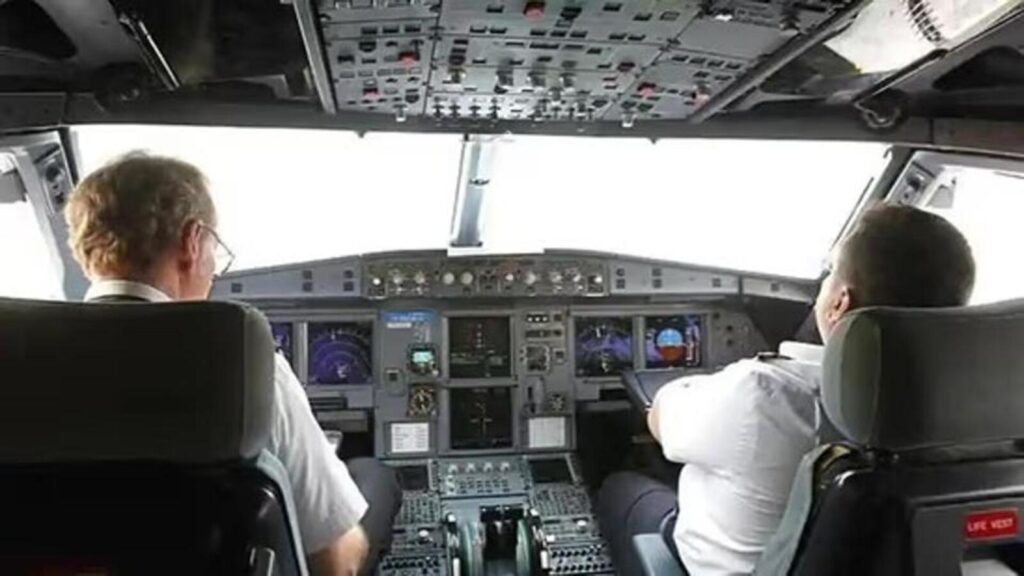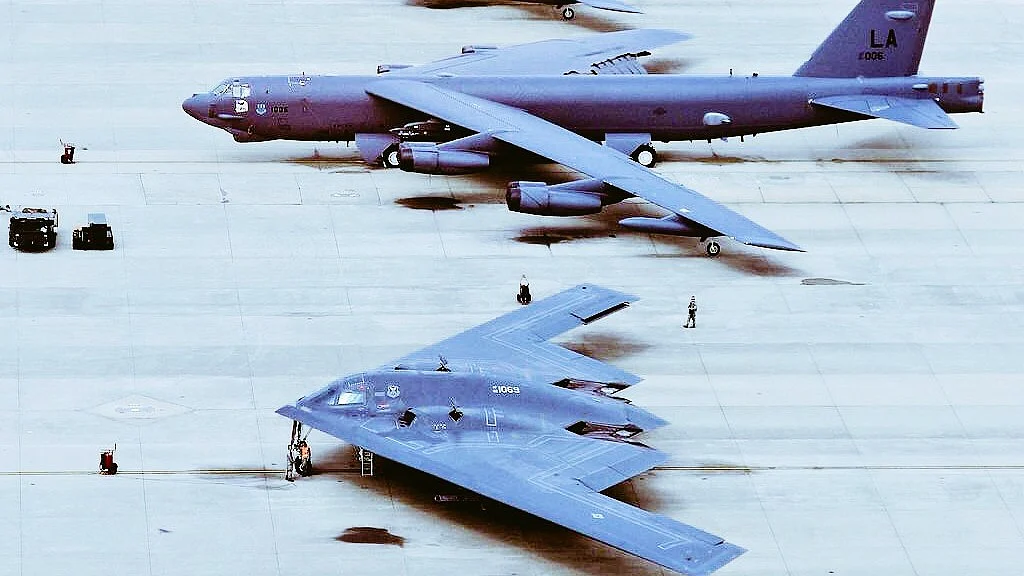Now Reading: IndiGo Pilot Alleges Caste Discrimination at Workplace, Sparks Fresh Debate on Inclusion in Aviation
-
01
IndiGo Pilot Alleges Caste Discrimination at Workplace, Sparks Fresh Debate on Inclusion in Aviation
IndiGo Pilot Alleges Caste Discrimination at Workplace, Sparks Fresh Debate on Inclusion in Aviation

A senior IndiGo pilot has alleged caste-based discrimination at the airline, claiming he was mocked for his background and asked to “go stitch shoes” instead of flying. The serious allegation has ignited discussion around workplace equality and bias in India’s corporate sectors. For professionals and aspirants from Tier 2 cities, this incident raises pressing questions about inclusivity, representation, and dignity in high-skilled jobs.
The Allegation
The pilot, who belongs to a Scheduled Caste (SC) community, shared that he faced repeated humiliation from a senior colleague at IndiGo. In his account, he stated that despite his qualifications and experience, he was demeaned based on his caste identity and told he was “not fit to fly.”
He further alleged that his concerns were dismissed internally, pushing him to speak out publicly through legal and formal channels.
IndiGo’s Initial Response
The airline has issued a statement saying it takes such complaints seriously and has launched an internal inquiry. IndiGo added that it follows a zero-tolerance policy towards discrimination in any form and will cooperate fully with any official investigation.
However, critics argue that this is not an isolated case, and more needs to be done to ensure fairness across all levels in India’s booming aviation industry.
Broader Workplace Concerns
The pilot’s experience has sparked conversations across industries about subtle and overt caste bias that may still persist — even in modern, high-profile professions. In urban India, especially in sectors like aviation, IT, and finance, the assumption often is that caste no longer matters. But incidents like this suggest otherwise.
Employees from Tier 2 cities and marginalized backgrounds often report feeling overlooked, undervalued, or ridiculed — even when equally or more qualified.
Why It Matters Beyond Metro Cities
For young professionals in Tier 2 cities, this case hits close to home. Many come from backgrounds where caste barriers have historically limited opportunity. As they step into competitive industries, fairness and equal opportunity are not just ideals — they are necessary for growth.
The aviation industry, in particular, attracts talent from across India. If systemic bias exists within it, it discourages not just individuals but entire communities from aspiring to such careers.
Calls for Policy and Cultural Change
Experts and social commentators believe that more robust internal grievance mechanisms, diversity training, and accountability structures are needed. Representation at leadership levels is also seen as crucial to change workplace culture.
While India has laws to prevent caste discrimination, implementation within private companies often remains inconsistent or surface-level.
Conclusion
The caste discrimination allegation by an IndiGo pilot has exposed a deeper issue that goes beyond one airline or one profession. It brings to light the challenges many still face while striving for equality in the workplace. For India to truly become a merit-based, inclusive society — especially for its emerging workforce from smaller cities — dignity and respect at work must be a non-negotiable standard, not a privilege.

























